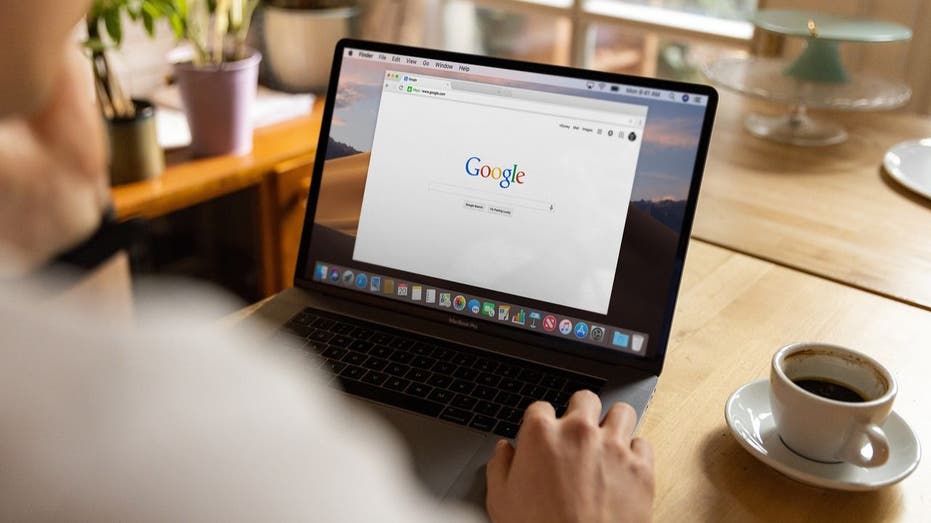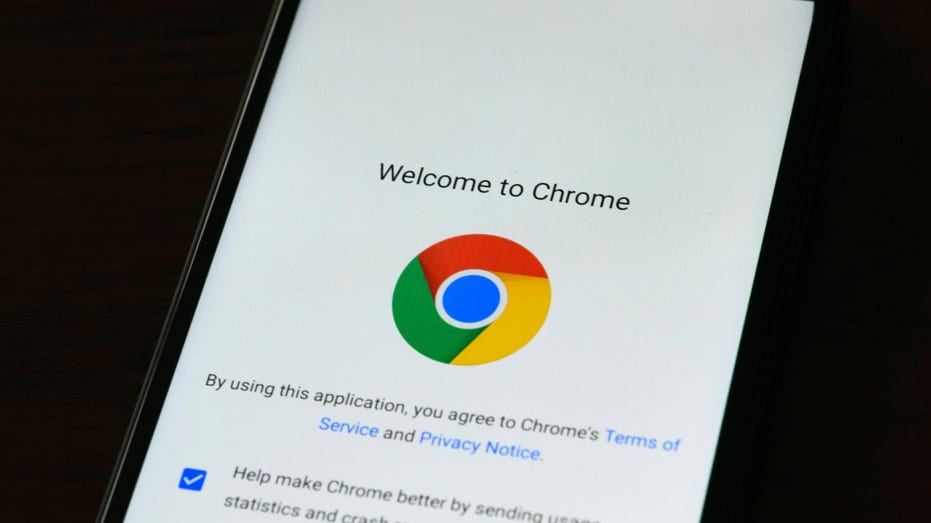- by foxnews
- 02 Apr 2025
How your browser is spying on you: Hidden dangers lurking behind every click
Internet browsers are useful, but they can be dangerous. Clicking on malicious links can direct you to dangerous websites that steal information or infect your device.
- by foxnews
- 21 Nov 2024
- in technology

But while this tool is extremely useful, it can also be equally dangerous. For example, clicking malicious links can redirect you to harmful websites that either steal personal information or infect your device with malware.
Browsers are much more than simple tools to navigate the web. They are, in many ways, tools for surveillance. While they help you access websites and services, they also track your every move online to feed the ever-hungry advertising industry.
Browsers also use cookies to keep tabs on you. These cookies track your activity across different sites, even after you've left a site. This means that ads you saw on one website might follow you across others, creating a persistent digital footprint. And while cookies can be blocked or deleted, many websites rely on them to function, making it hard to escape this kind of tracking.
It's not just Google. Your internet service provider, the websites you visit and even governments can monitor your browsing activity, even in Incognito mode. All it does is hide your activity from your local browser history.
VPN: Your first line of defense against browser spying: A VPN (virtual private network) encrypts your internet connection, making it difficult for anyone, including your browser, to track your online activities. By masking your IP address and routing your traffic through secure servers, a VPN not only protects your personal data from prying eyes but also helps you avoid targeted advertising and potential data breaches.
By implementing these security practices and using privacy-focused browsers, you can significantly enhance your online safety and protect your personal data while browsing the web. Remember, cybersecurity is an ongoing process that requires vigilance and regular updates to your practices.
The web browser is an essential tool for accessing the internet, but it also opens the door to a host of privacy and security risks. Whether it's being tracked for ads, snooped on by your ISP or accidentally stumbling onto a malware-filled site, the risks are everywhere. Tools like Incognito mode or cookie-blocking can help a bit, but they're not enough to truly protect you. If you're serious about staying private and secure, you need to up your game. Use a VPN, be cautious about what you click on and stay informed about the ways your browser might be working against you.
Follow Kurt on his social channels:
Answers to the most asked CyberGuy questions:
New from Kurt:
Copyright 2024 CyberGuy.com. All rights reserved.
- by foxnews
- descember 09, 2016
Archaeologists uncover proof of ancient biblical battle at Armageddon site: 'Exceptional phenomenon'
A team of archaeologists may have discovered evidence of the biblical Battle of Megiddo, where Josiah, the king of Judah, was killed by Egyptian forces in 609 B.C.
read more





